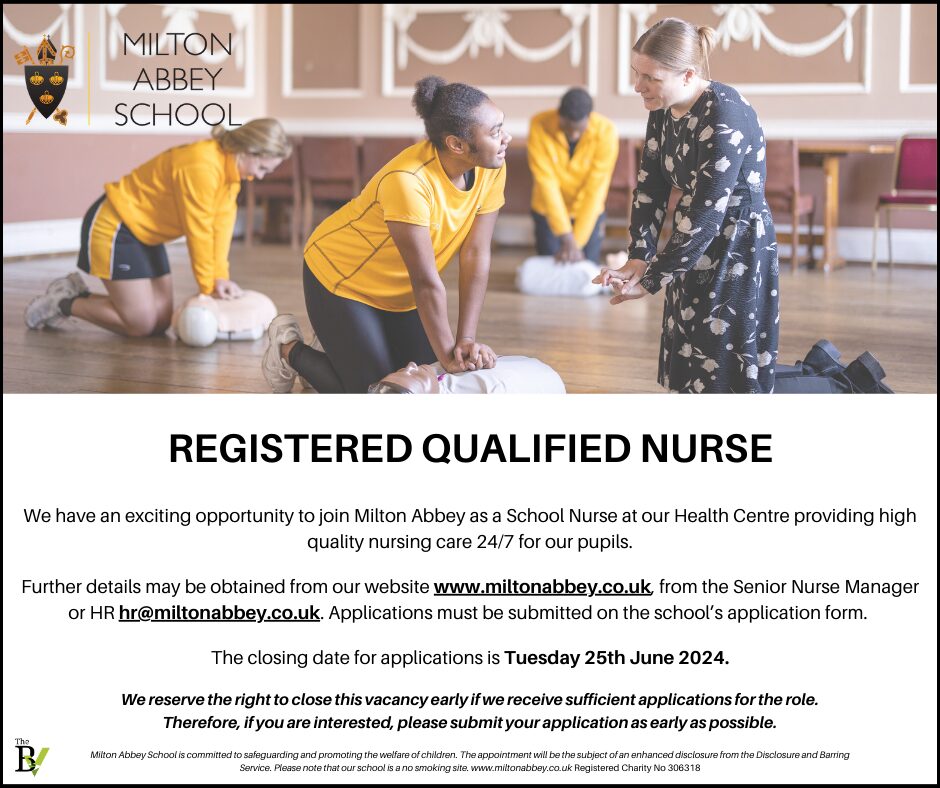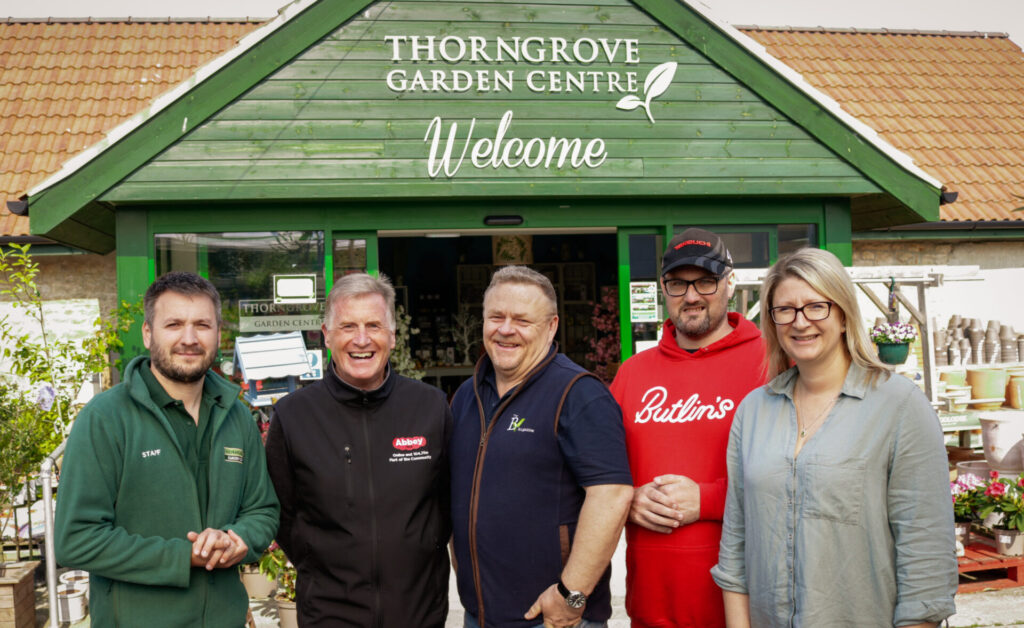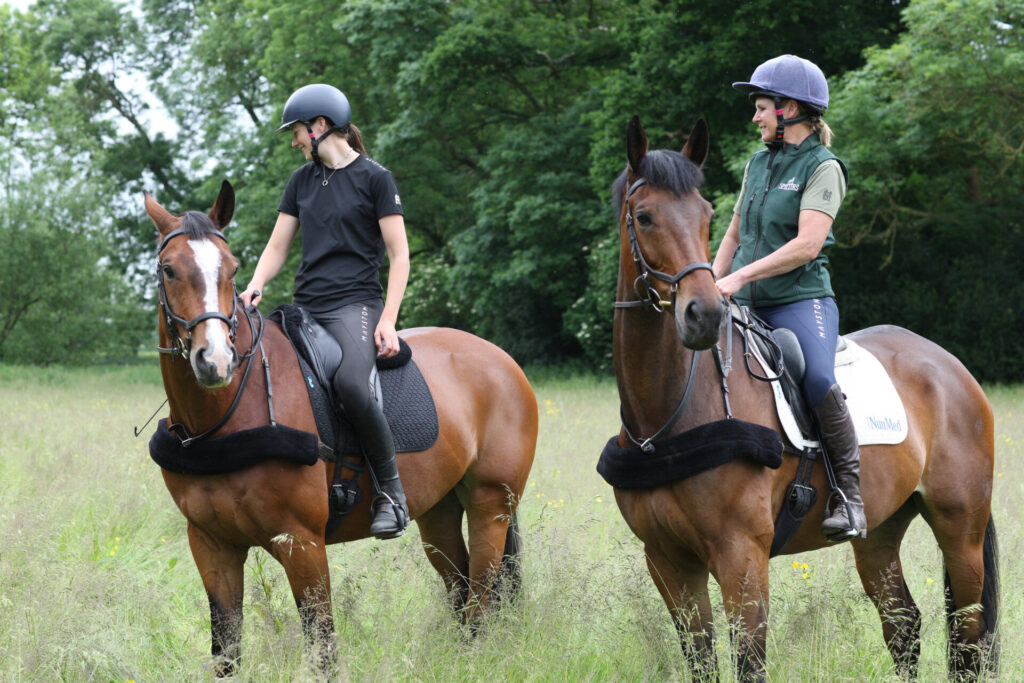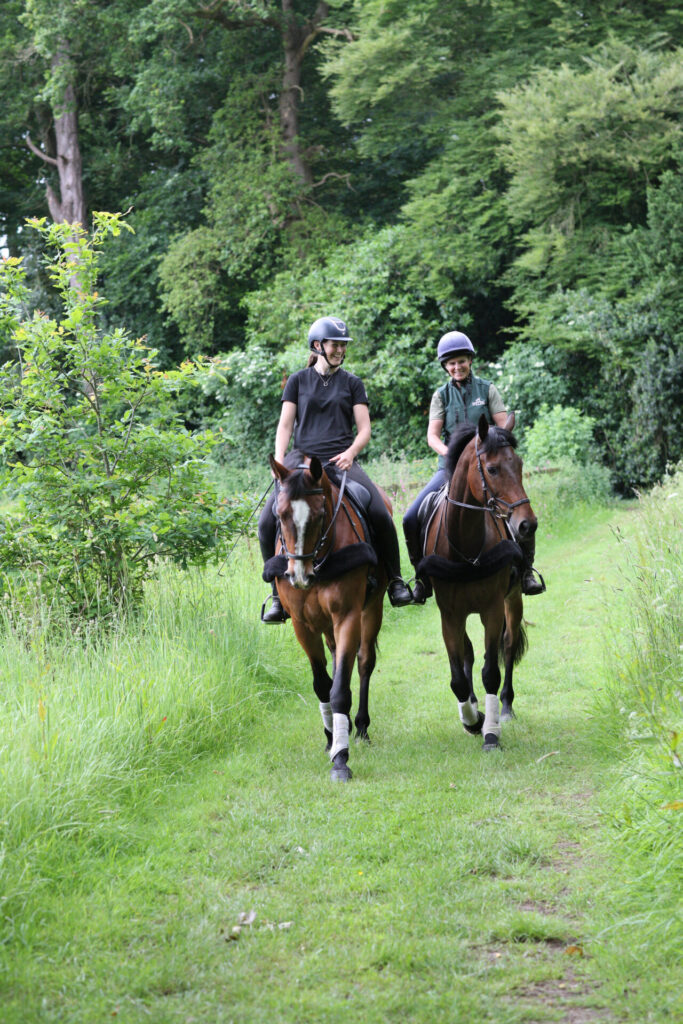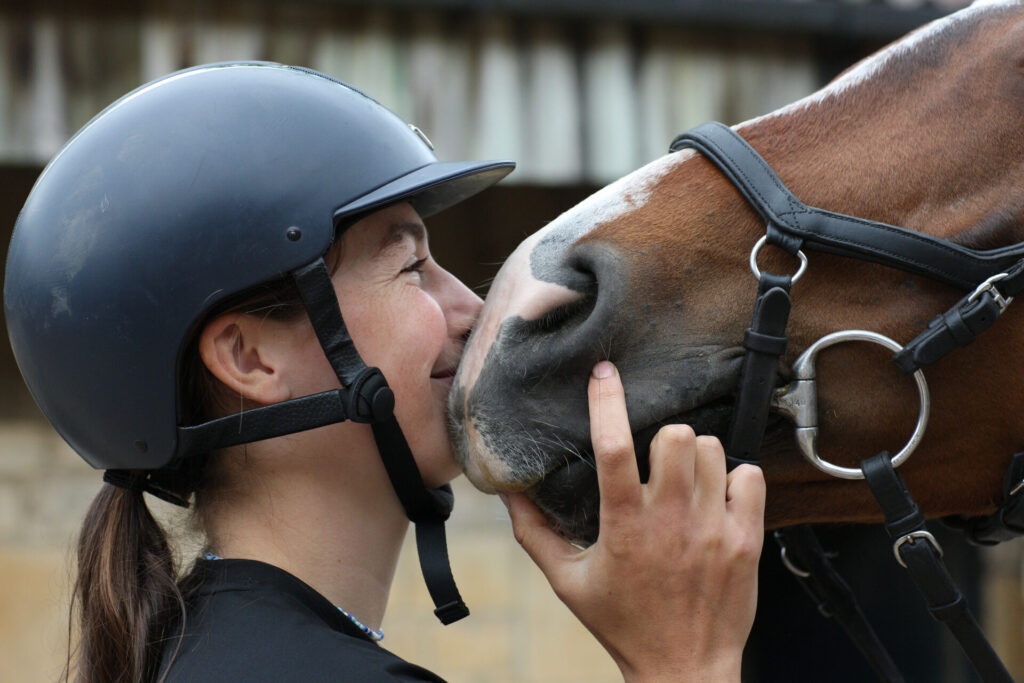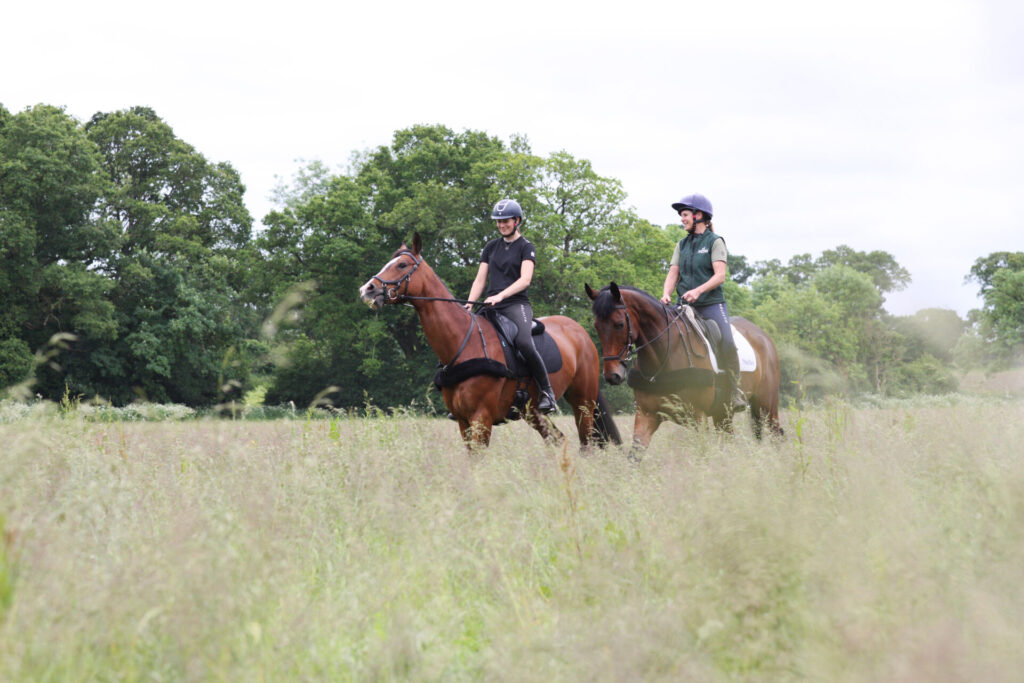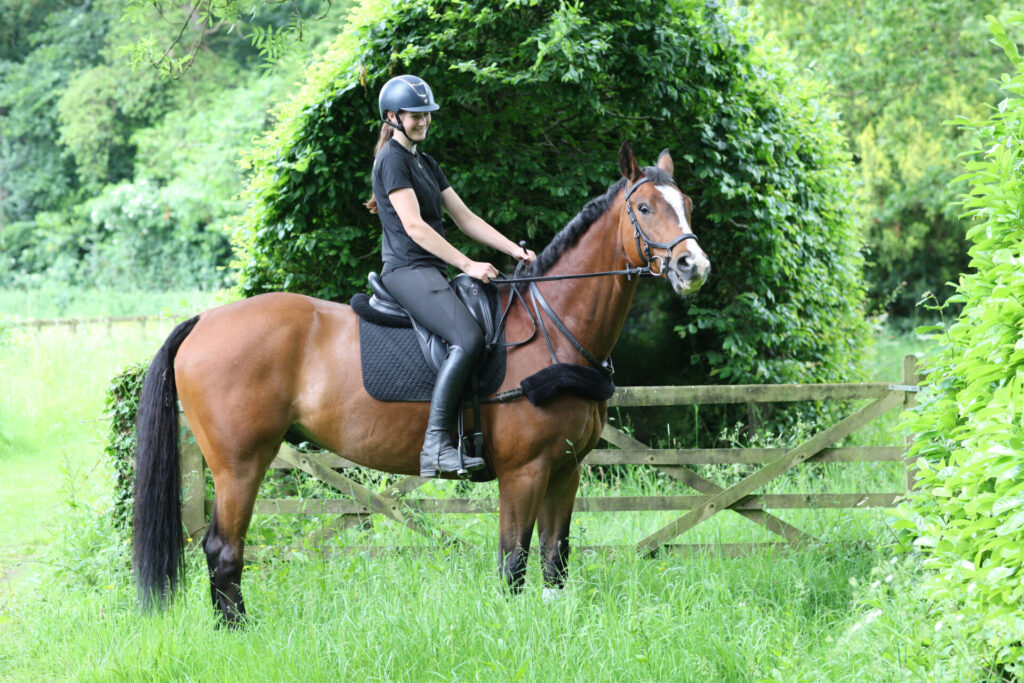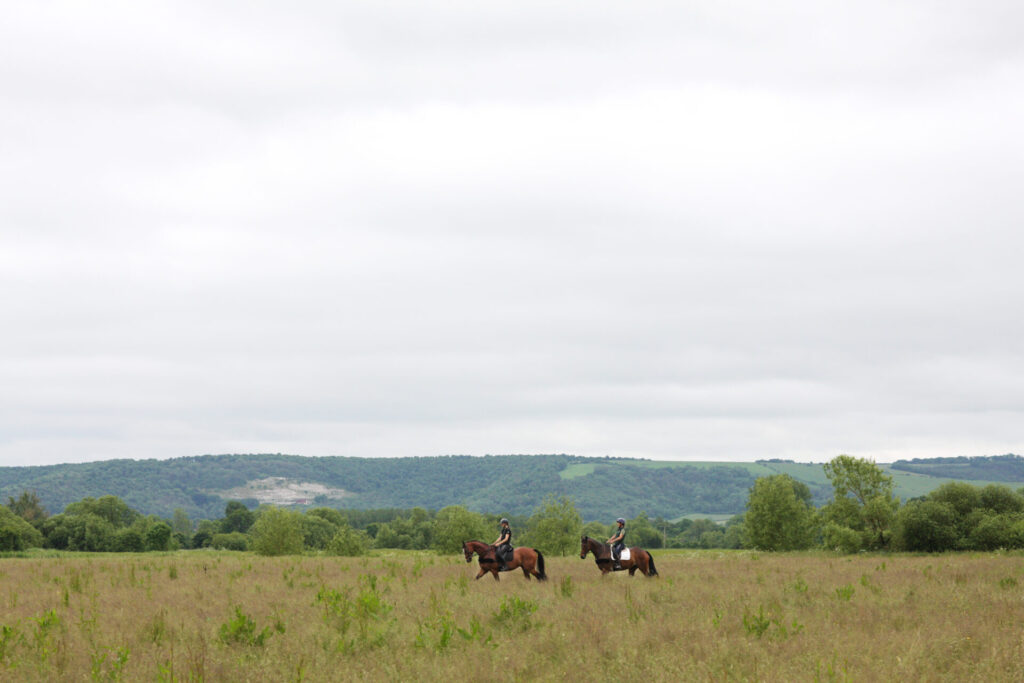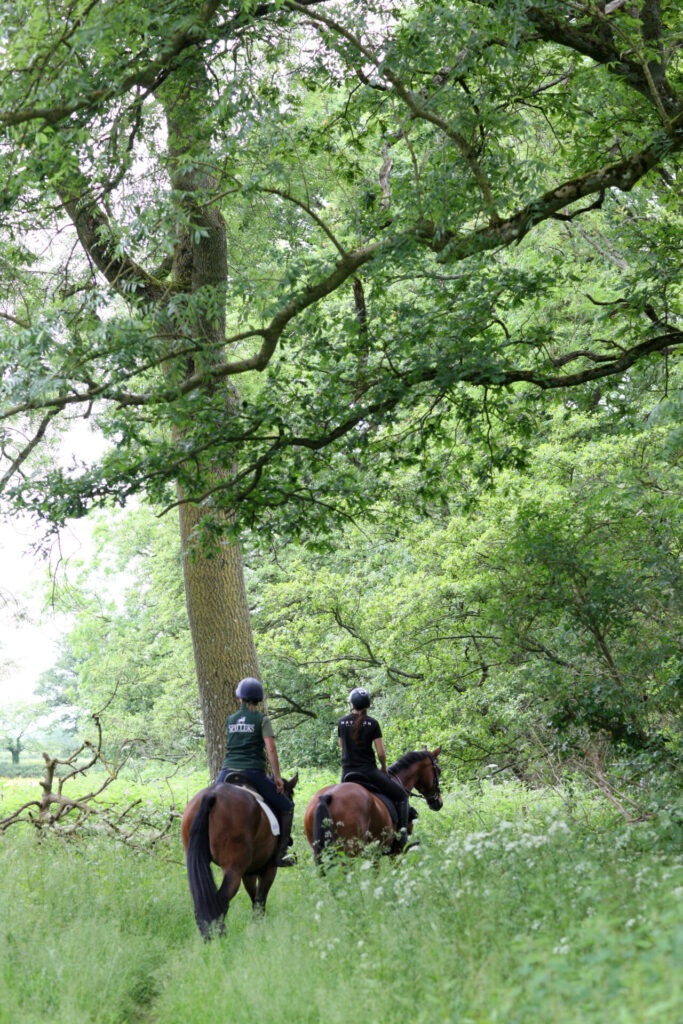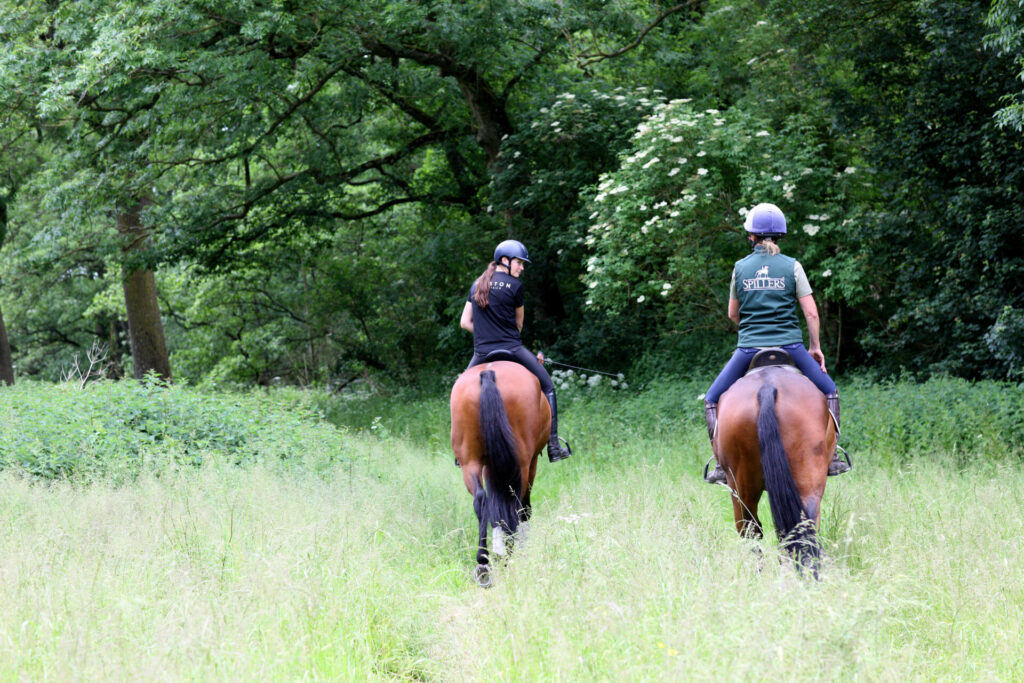Tracie Beardsley catches up with Dorset charity founder Sarah Rampton, who is taking an innovative approach to community wellbeing
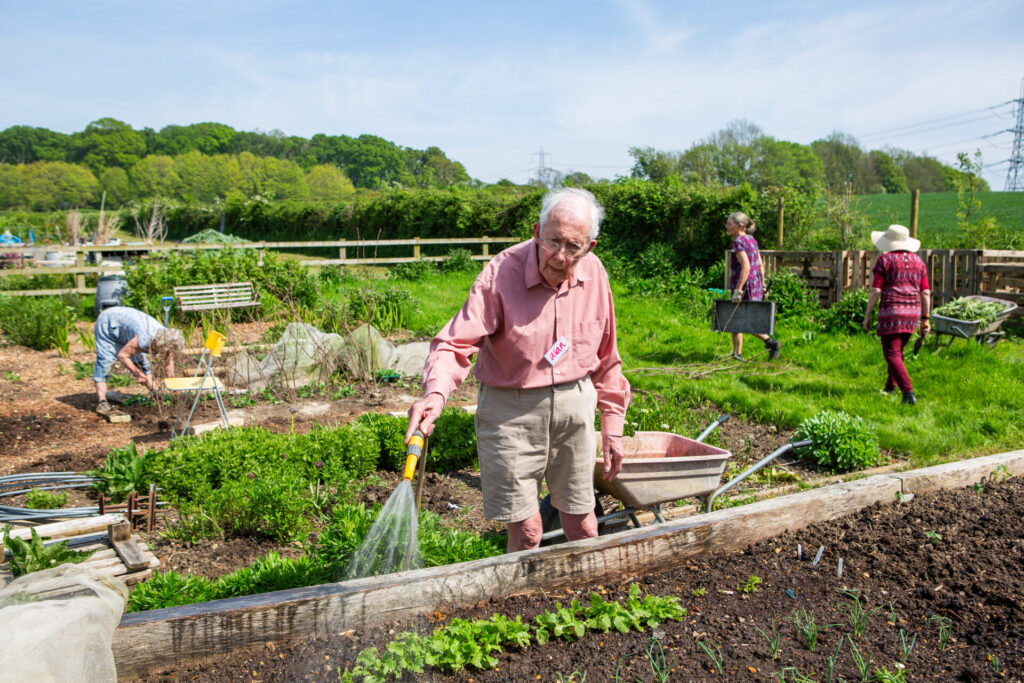
Sarah Rampton describes herself as ‘like a terrier’ in her determination. Her tenacity stood her in good stead when she was made redundant from the Alzheimer’s Society. The society stopped running face-top-face groups in Dorset. I could see just how many people were going to miss out on vital support across the county, especially in the rural areas,’ she said.
So she set up her own charity, In Jolly Good Company, from her home at Wimborne St Giles, and now supports more than 200 people across groups in Wimborne St Giles, Wimborne, Blandford, Shaftesbury, West Moors and, through Step Outside, a gardening group at Kingston Lacy. She has 30 volunteers and her staff include a bookkeeper who’s a talented piano player and singer, a former nurse turned professional gardener and a dementia specialist. They all help run Jolly Days. The patron is Wimborne St Giles’ most famous resident, Nicholas Ashley-Cooper, the 12th Earl of Shaftesbury.
Sarah’s background includes work in the arts as a performer with local theatre group Word And Action, before she entered the charity sector. Her mix of creative skills and care knowledge combine to create an effective recipe to alleviate loneliness and build stronger communities.
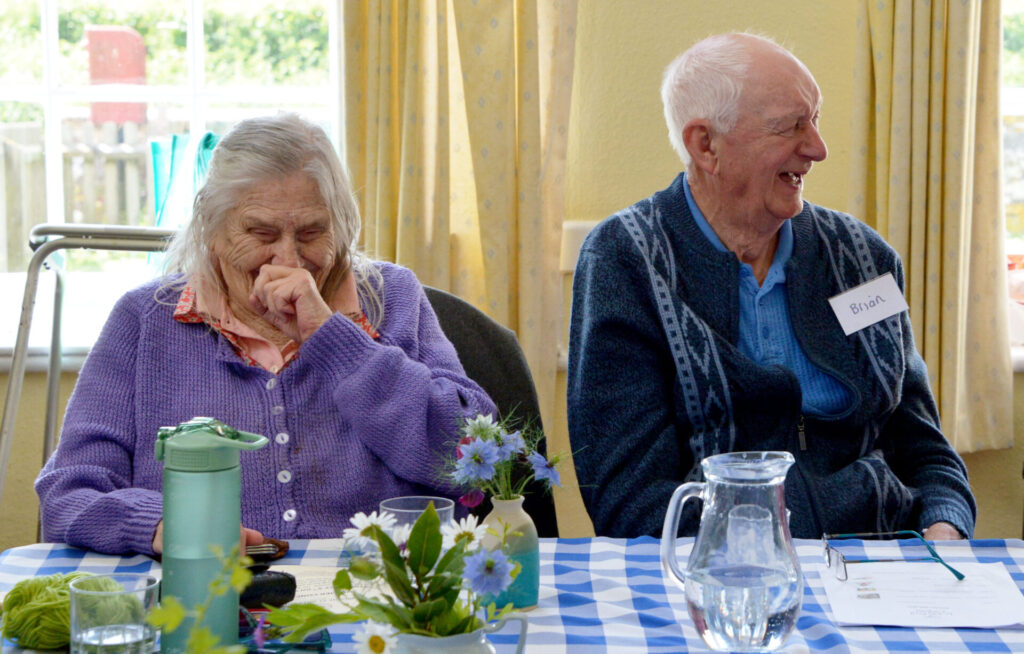
A lifeline to the lonely
A typical Jolly Day might include music, dancing, singing, poetry, craft activities, a home-cooked lunch and even yoga – the free sessions are tailored to suit those attending, and voluntary donations from guests help to keep the jolly show on the road.
‘In Wimborne our guests are a literary bunch, so we do creative writing,’ Sarah says. ‘One of our guests is a playwright now living with dementia. He can’t remember seeing the play he wrote, but it was very successful. Using local actors, we recreated it for him. It was so emotional.
‘A Jolly Good Day feels a bit like a party happening several times a week. Guests range in age from 50 to their late 90s. We welcome anyone who, for whatever reason, may be isolated. That might be folk living with dementia or it might be those recently widowed. There are no conditions.
‘Here in Wimborne St Giles, if it weren’t for Jolly Days there would be nothing for people to go to during the week. There’s about 400 people living in the surrounding area, and our Days are a lifeline to many of the lonely in the community.’
The Step Outside allotment gardening group started at Kingston Lacy in 2016, and is a collaborative project involving Wimborne Dementia Friendly Community, National Trust, Dorset Council and In Jolly Good Company. Guests don’t need any experience of gardening to join in. Some like to sit and chat, others harvest vegetables and pick flowers. As well as gardening, there might be art, crafts, live music, storytelling and gentle yoga … and always tea and posh biscuits.

A new sense of purpose
In Jolly Good Company is now recognised by the NHS as a valuable support, because of the way it entwines wellbeing activities into its sessions. To Sarah’s delight, Dorset Community Foundation recently presented her with £15,000 from the NHS Health and Well Being Trust fund.
‘It is all about early intervention. Our activities help people stay better, and stay longer in their own homes. Some people may not leave their chair when they do our yoga sessions, but it still makes a huge difference to them physically and mentally. People go home feeling calmer.’
Sarah oozes positivity and passion. The numerous thank you cards she receives reveal the difference her charity makes. ‘A daughter of one of our guests thanked me for giving her mum’s life a sense of purpose again. It’s such a privilege to give people something to look forward to, to help give the best quality of life in the years when they may not expect to be meeting new friends, starting new hobbies or enjoying new experiences.
‘I came to our Wimborne St Giles session yesterday. They didn’t need me, the whole team was here – I could have gone home, but I stayed because I was having such a ‘jolly good time’! I never want to be in the position where I’m only at my desk organising things. I go to the groups at least once a month. That’s what feeds me – seeing people, who might otherwise be stuck at home in really difficult situations, have a good time. That’s my motivation.’
And her terrier attitude continues. Sarah hopes to start another group in West Dorset. ‘I want to grow the charity – but the quality of what we offer is far more important than size.’
As Sarah gets ready to cycle through the village to check on a Jolly Day guest who hasn’t attended for a while, I wonder if she ever gets time off to take care of herself?
‘I do make sure I take time out for me, or it can be overwhelming. I feel very responsible for all of my Jolly people.’


